Venezuela is a beautiful country on the northern coast of South America which was once known for its oil wealth, its biodiversity and its women. But over the course of the last 5 years Venezuela has become synonymous with repression, inflation, scarcity and insecurity.
To understand where Venezuela is today it is imperative to understand why there is such a bitter divide between those who support the government and those who oppose it.
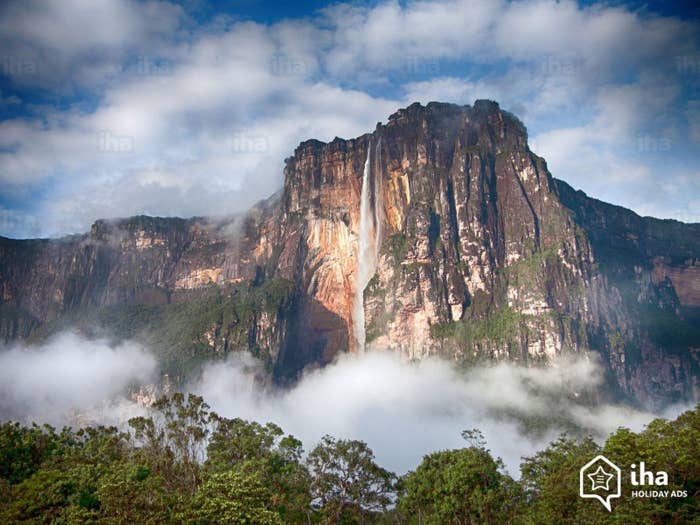
Hugo Rafael Chavez Frias was the President of Venezuela from 1999 to 2013. During his tenure he made headlines for his scathing criticism of the US , even going as far as calling former President George W. Bush the devil. He also marked the beginning of a gradual push against the media sources that would speak against him which today has resulted in almost total press censorship.
Despite this, he was revered by citizens across the nation for his dedication to Venezuela’s poorest and most vulnerable citizens. He ran on a platform of populism and during his time in the presidency he created a host of different social programs and initiatives all funded by the state’s oil revenues (which would come back to haunt the country in the future). These programs provided Venezuelans with housing, subsidized food, buses, schooling and more. His followers, which go by the name Chavistas revered him as the eternal commander elevating to a near God-like status. A turning point in Venezuela’s history came when in 2009 the two-term limit on the presidency was abolished allowing Chavez to effectively run for the presidency indefinitely. While Chavez died before starting his 3rd term he let his followers know that he wanted Nicholas Maduro, the vice-president at the time, to take his place as the leader of his Bolivarian Revolution.
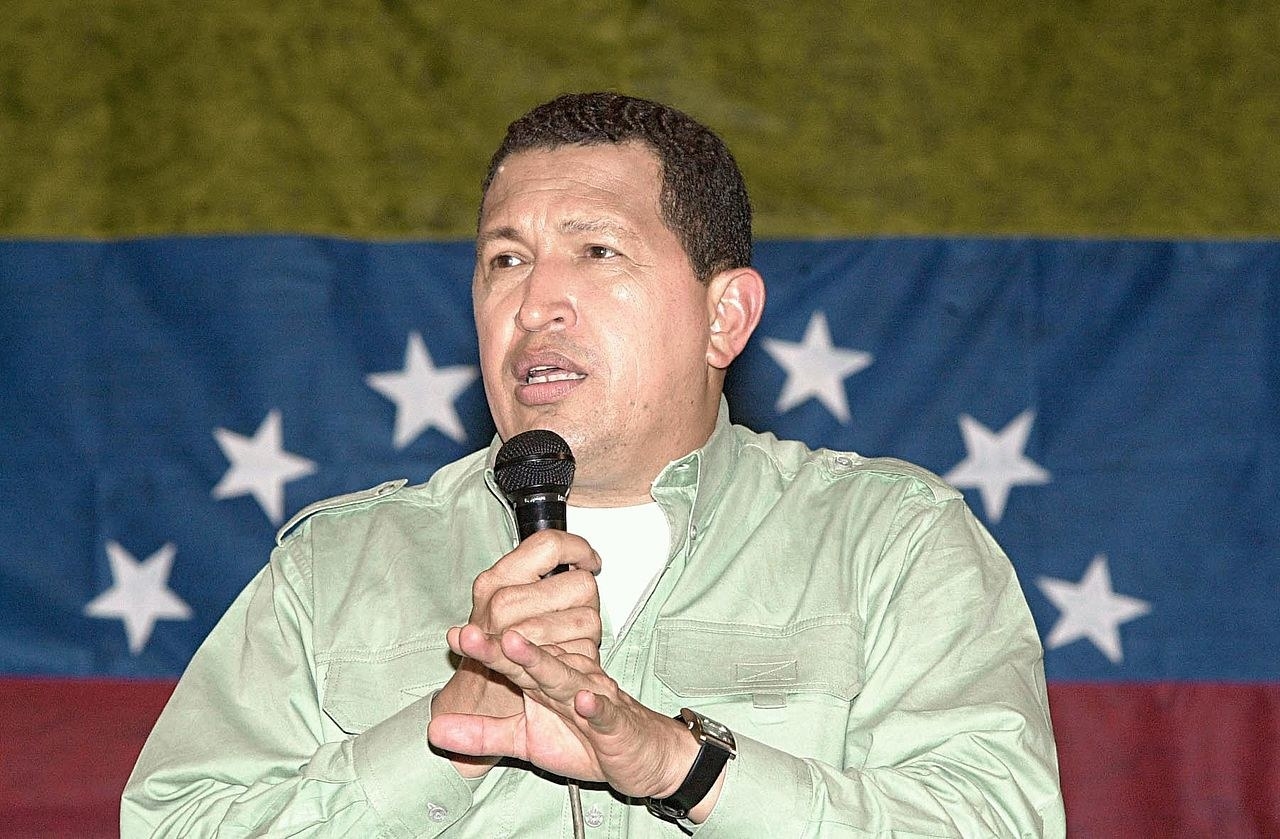
Maduro’s rise to power came as the country started to enter into it’s greatest recession in 2013. The country was just starting to make global headlines for its steadily increasing crime rates and shortages of basic necessities such as toilet paper, flour and cooking oil. The presidential election that led up to his ascendence was shrouded in controversy as his political rivals, La Oposición, or the opposition, spearheaded by former presidential candidates Leopoldo Lopez and Henrique Capriles Radonski, repeatedly claimed that the elections were rigged by the Chavista controlled Electoral Council (CNE).

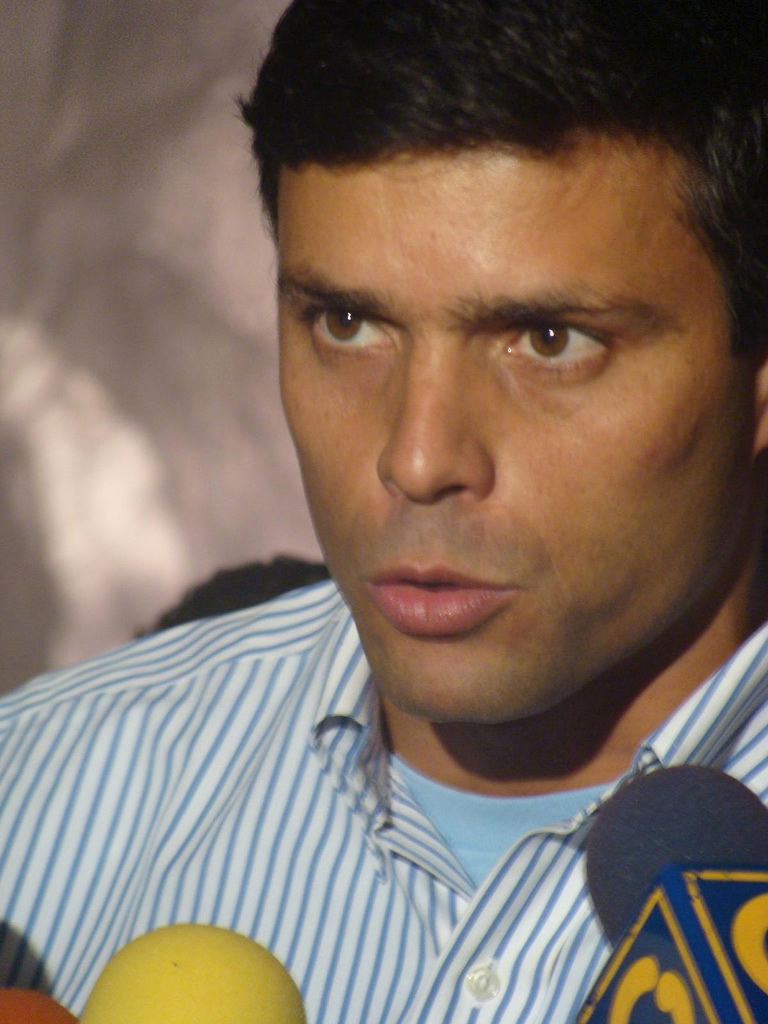
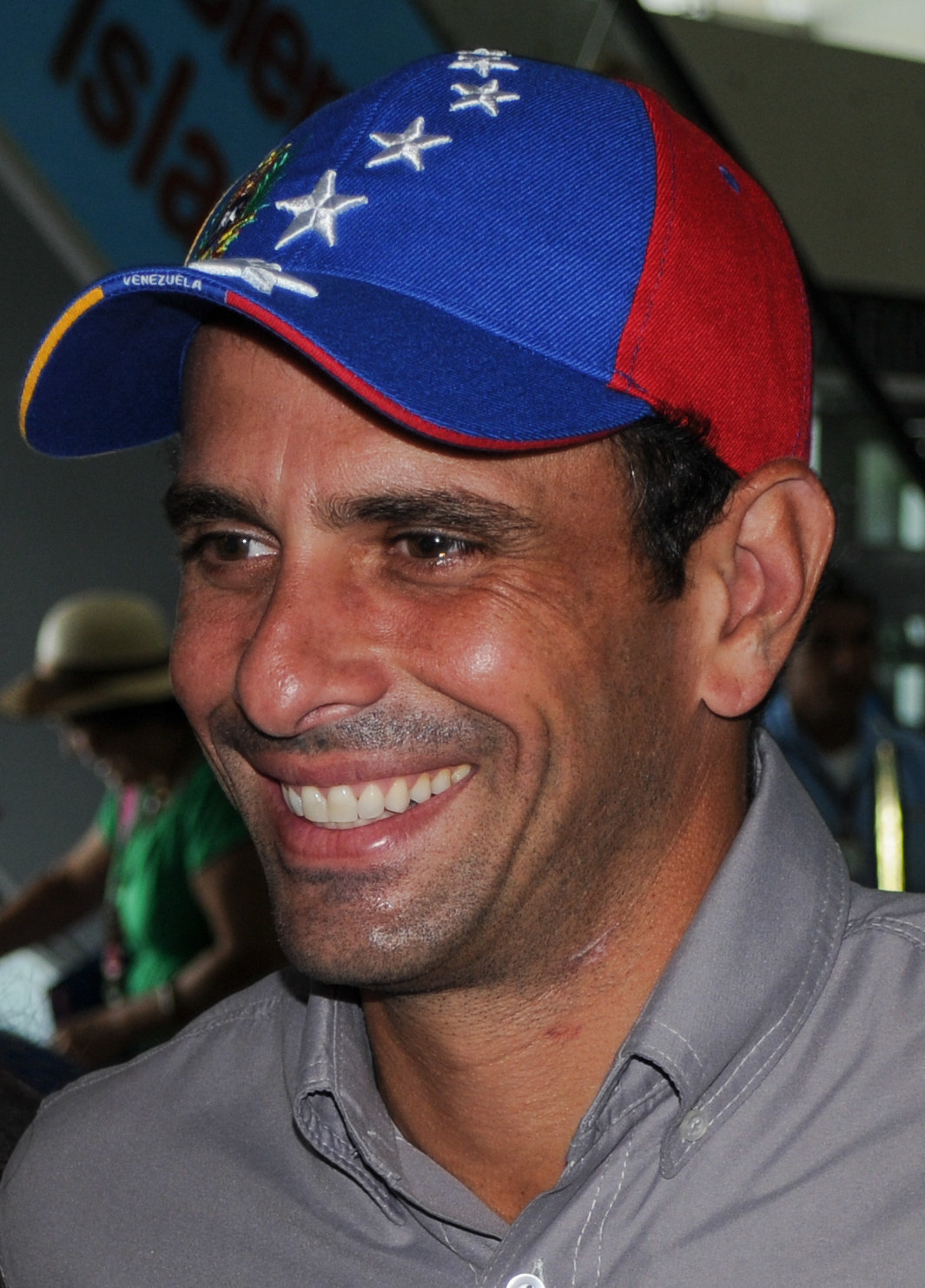
The National Assembly elections were pivotal because it represented the chance for the opposition to take control of one of the branches of government, and with an opposition controlled assembly they could theoretically work to reinstate term limits, veto Maduro’s legislative choices and stand as a force against a party that had been running the country since 1999. While the opposition won an overwhelming majority of the seats in congress, the government has refused to acknowledge the legitimacy of the congress for supposedly buying votes in the state of Amazonas.
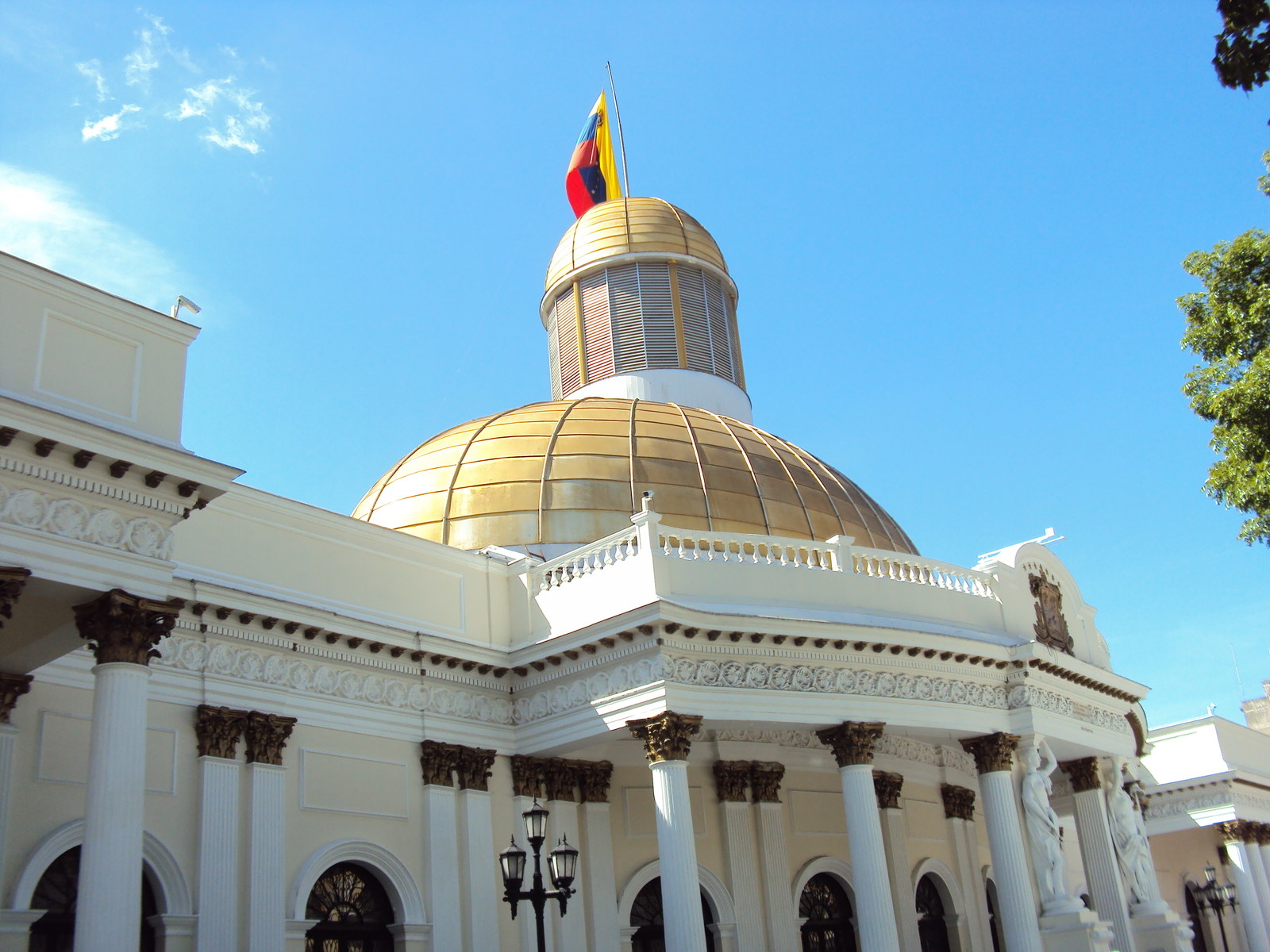
The refusal to recognize legitimacy was the straw the broke the camel’s back for opositores. President Maduro subsequently called for the creation of not only "National Communal Parliament" but also for the Supreme Court (which is controlled by Chavistas) to take over the powers of the senate. While the decree for the Court to take control has since been rescinded, Opositores would not stand for the outrageous abuses of power any longer and the protests that had begun to diminish began to intensify anymore.
With inflation and murder rates at an all time high, unlivable wages, total media censorship, scarcity of food, medicine and toiletries - Venezuelans decided that enough was enough and what had started as peaceful protests and demonstrations has turned into near civil war. Protests have been going on for the last three months and the governments has started to resort to cruel and oftentimes lethal tactics to quell protestors. There are videos upon videos protestors being pelted by marbles, subjected to tear gas and fearing the Venezuelan armed forces.
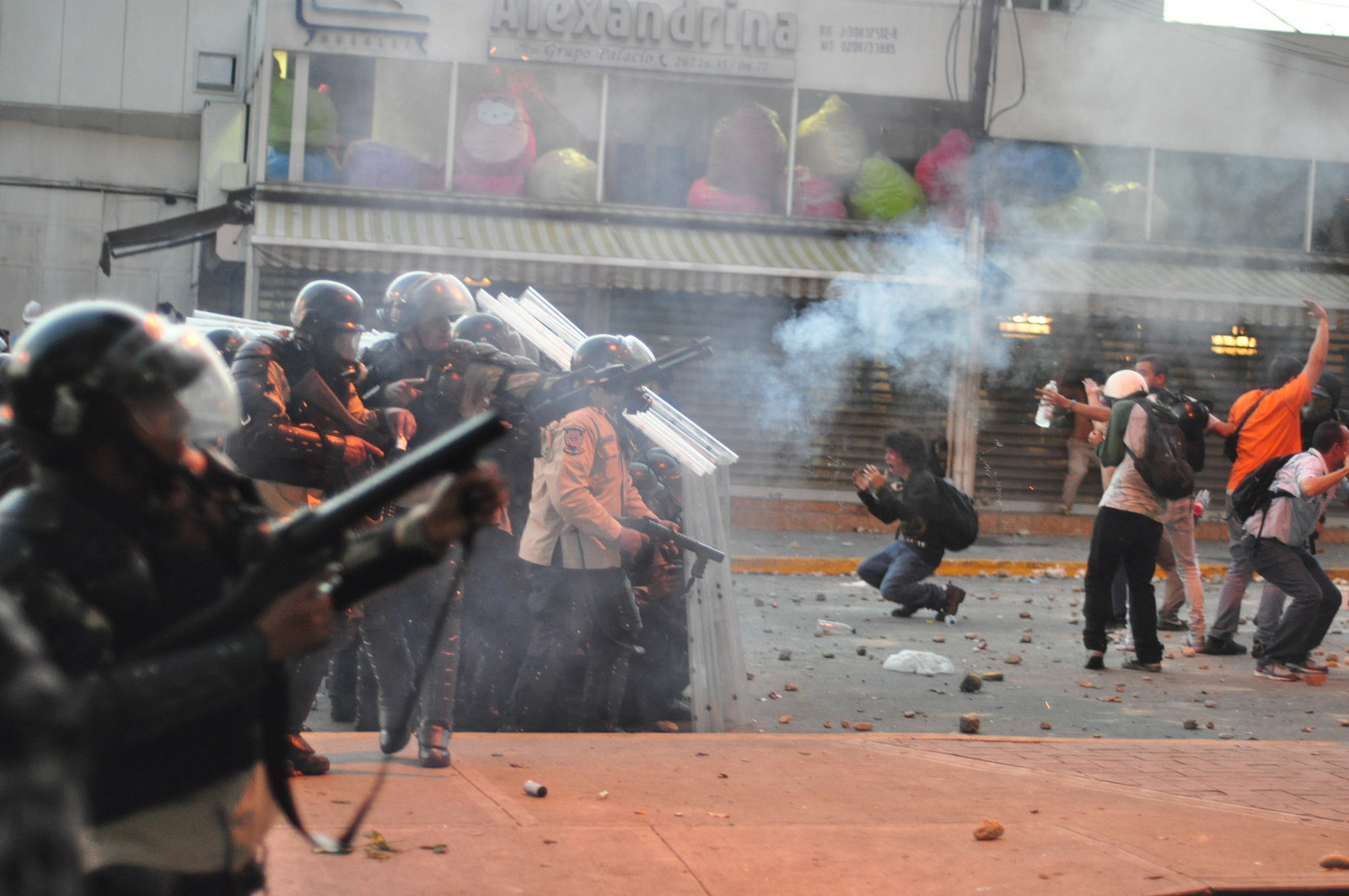
The situation is unlivable and Venezuela is experiencing unseen levels of mass migrations as people try and go ANYWHERE to escape not only the repressive political regime but also the horrible economy and lack of food.
So what can we do? Right now one of the biggest things you can do help out Venezuelans is to SPREAD AWARENESS ABOUT WHAT’S GOING ON THE COUNTRY!
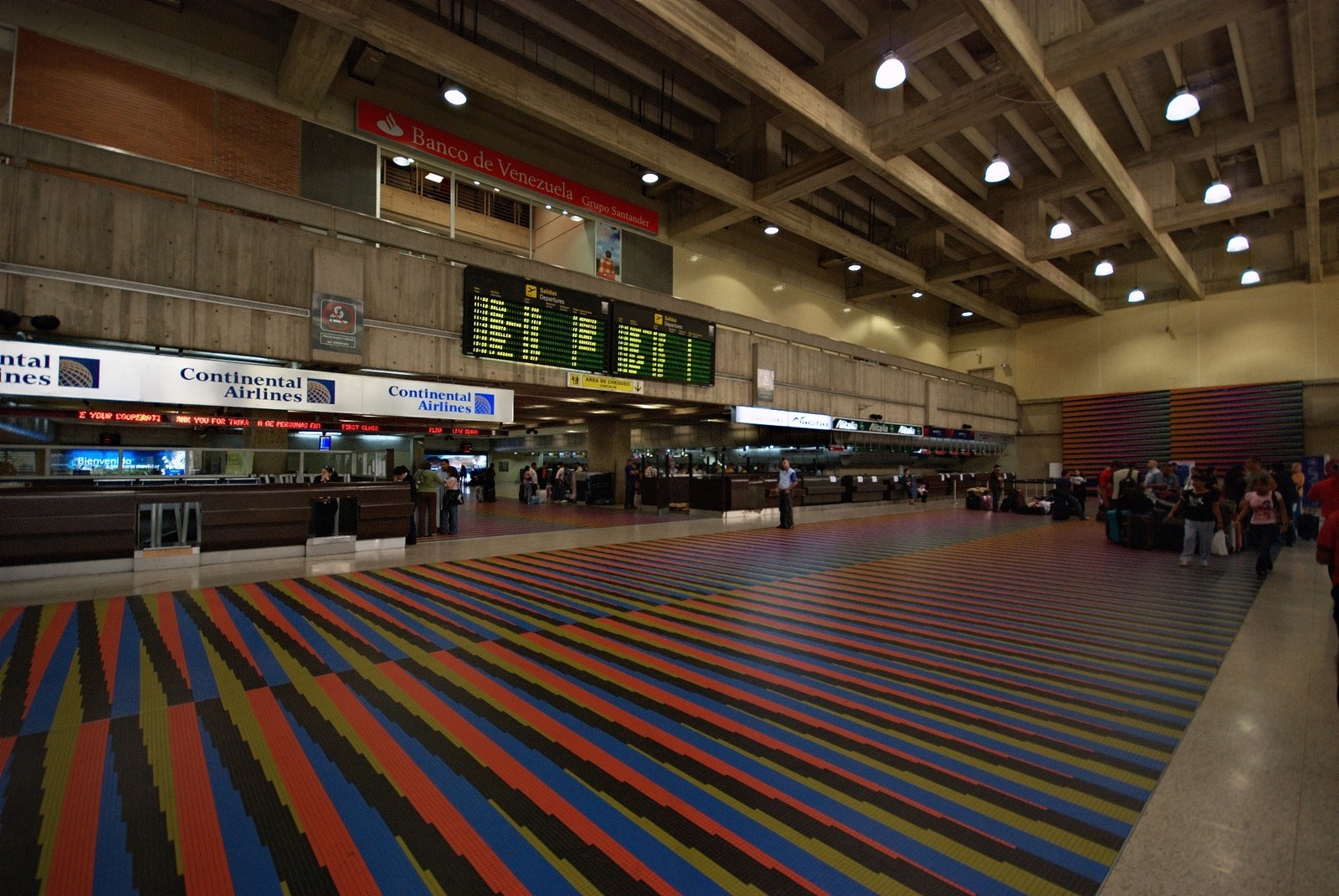
Another thing you can do is donate - donate to the medical services in Venezuela, send food, send bandages send clothing, send money. The people who are protesting in the streets are getting critically injured everyday and the hospitals in the country simply DO NOT have the resources to be treating the volume of people being injured at the present moment.
This situation has been going on since 2013 and it is only now - 4 years later - that the situation is beginning to get the media attention that it deserves. Venezuelans only know what’s happening WHEN SOMEONE SHARES NEWS ON SOCIAL MEDIA BECAUSE THE NEWS STATIONS IN VENEZUELA WILL NOT REPORT ON PROTESTS. And not only is the important for Venezuela - but it’s important because the things that Venezuela is currently experiencing is a situation that has occurred TIME AND TIME AND TIME again throughout the history of Latin America. From Argentina, to Chile, to Brazil to Cuba.
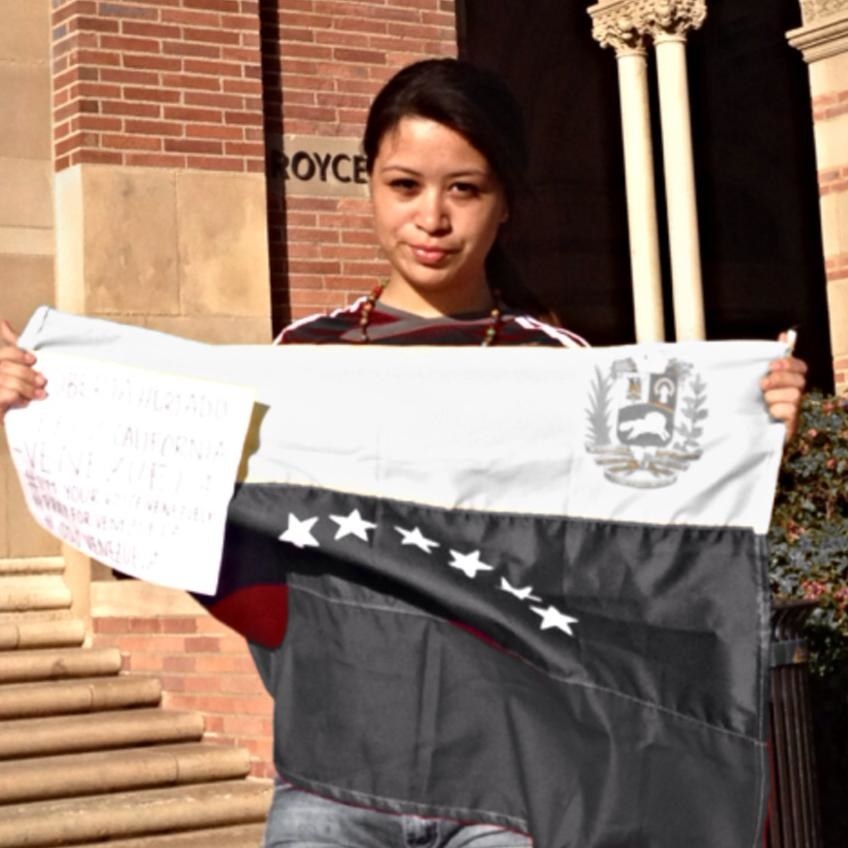
There are patterns in history that we REFUSE TO RECOGNIZE and REFUSE TO BELIEVE CAN AFFECT US.


